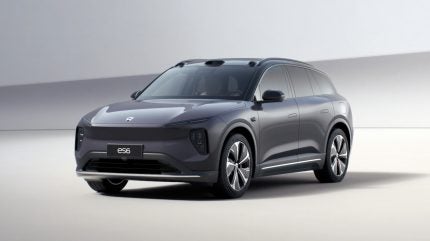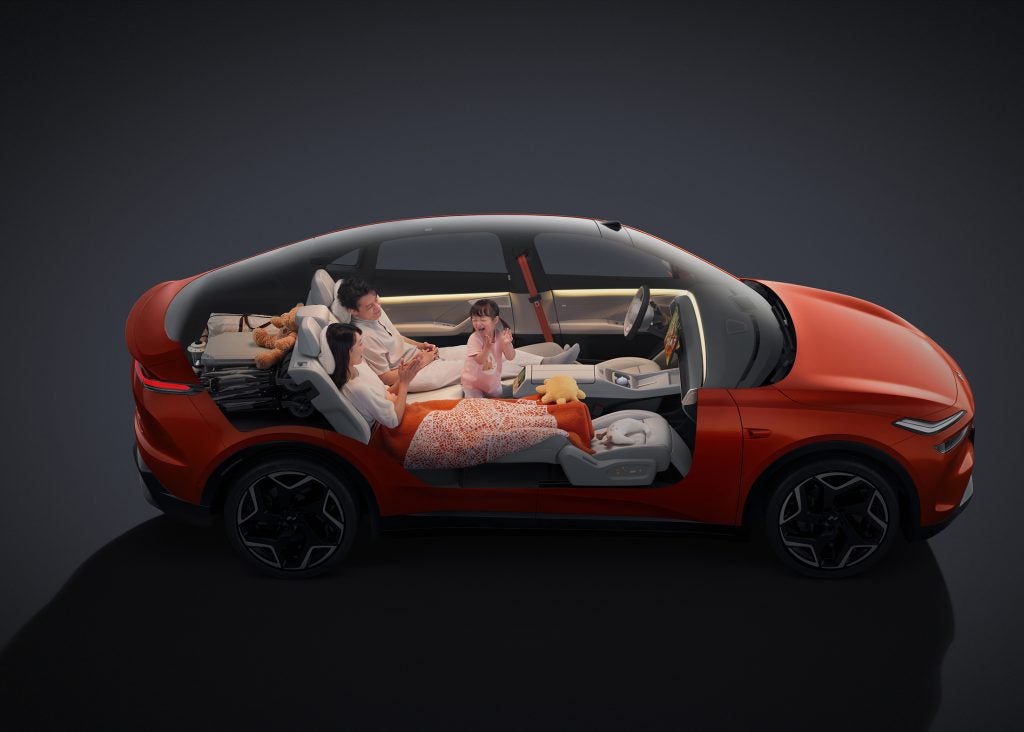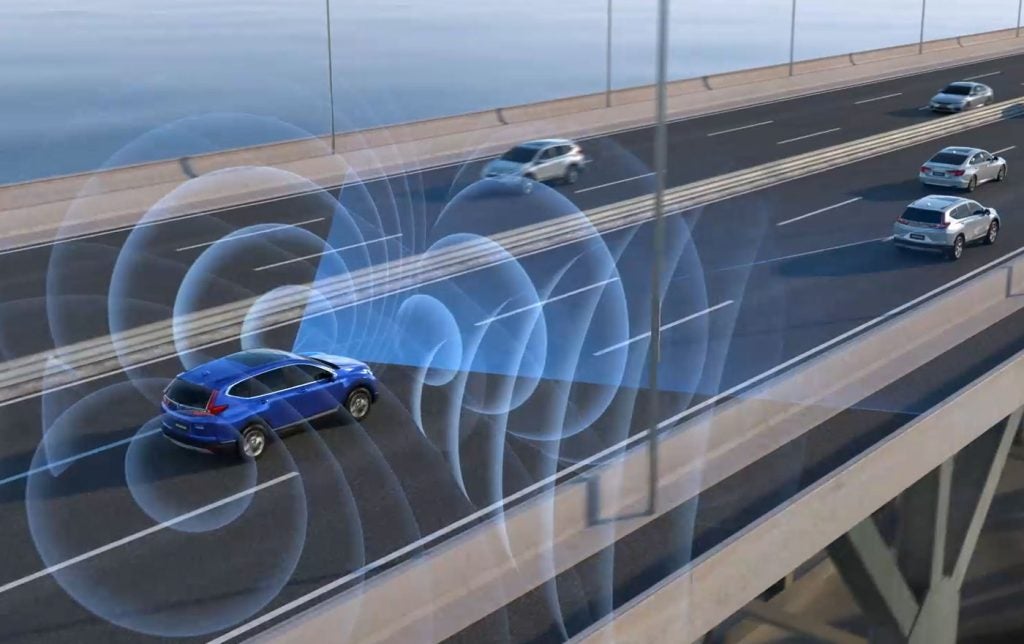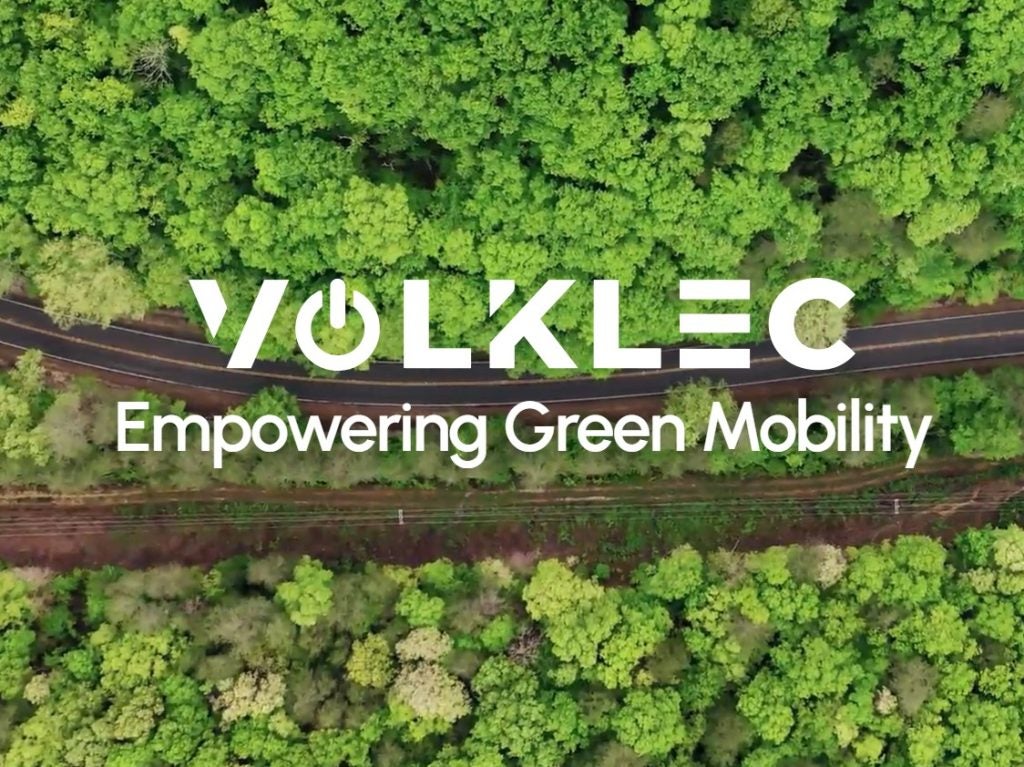
Chinese battery electric vehicle (BEV) start-up Nio said it signed a new framework agreement with Contemporary Amperex Technology Company (CATL) for the development of batteries with life cycles of up to 15 years.
This was almost double the current national warranty standard introduced in 2016, of eight years or 120,000 km meaning battery warranties would likely expire at least once during a BEV lifecycle.
According to local research, battery warranties on 20m plug in hybrid and battery powered vehicles in use in China would expire between 2025 and 2032.
Nio, which reported a 31% increase in BEV sales to 160,000 units last year, did not provide a timeframe for commercial production of the extended life batteries.
Founder and CEO William Li said: “It is possible to drive a vehicle when its battery warranty expires but the range will drop off dramatically and there may also be safety issues. We have been aware for some time that we need to solve this problem.”
Nio promotes battery swaps where BEV buyers lease batteries from the company and swap them for fully charged batteries when flat. The automaker had 2,300 stations in operation in China and the network was expected to be expanded to 3,310 by the end of the year.
How well do you really know your competitors?
Access the most comprehensive Company Profiles on the market, powered by GlobalData. Save hours of research. Gain competitive edge.

Thank you!
Your download email will arrive shortly
Not ready to buy yet? Download a free sample
We are confident about the unique quality of our Company Profiles. However, we want you to make the most beneficial decision for your business, so we offer a free sample that you can download by submitting the below form
By GlobalDataLast year, the company began working with Geely and Changan to develop common standards and designs for swappable batteries.
Nio also unveiled a second BEV brand, Onvo, which focuses on family vehicles, with the first models to be unveiled in the third quarter of 2024 and deliveries to begin in the fourth.






